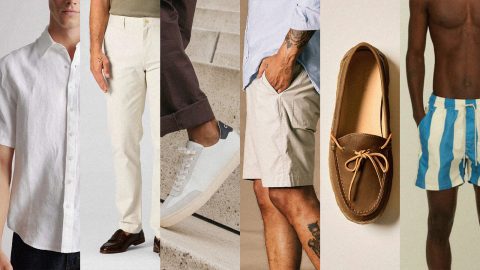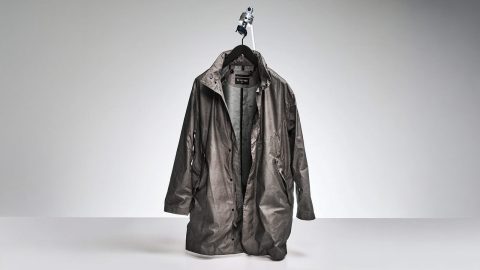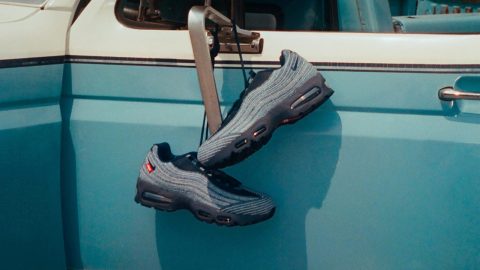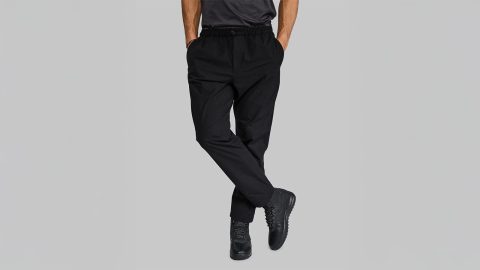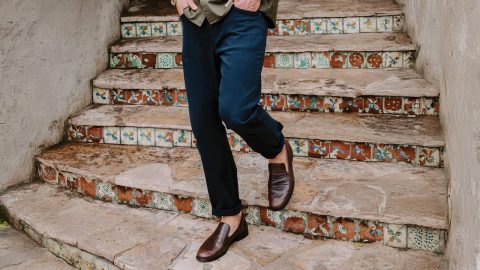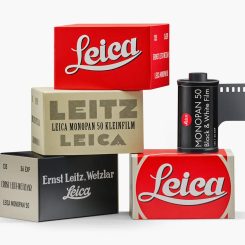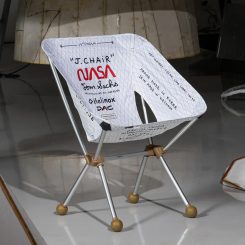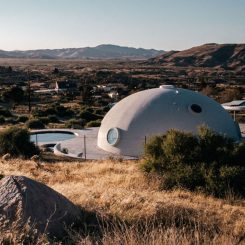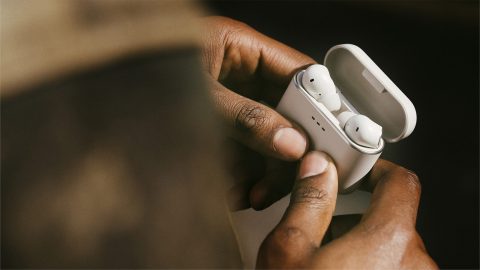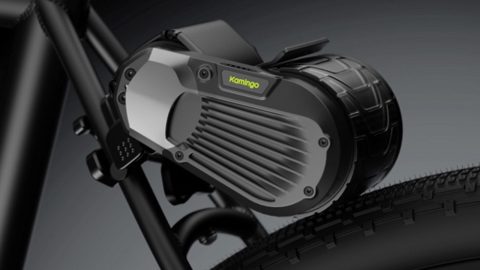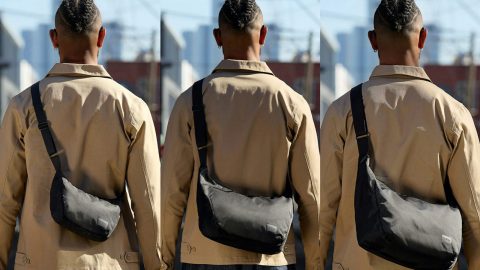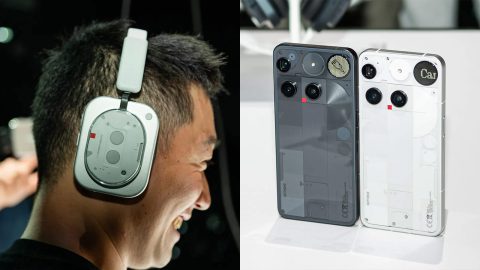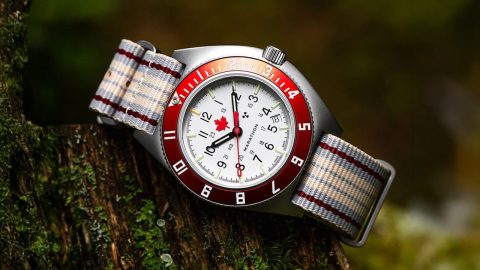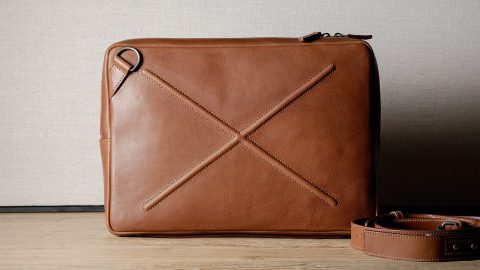With Earth Day approaching, there’s no better time to celebrate and support sustainable brands that prioritize environmental responsibility and ethical practices. There’s a growing movement toward conscious consumerism, and these brands are leading the way. Whether you’re passionate about reducing your carbon footprint or simply seeking stylish and innovative clothing with a positive impact, there’s something for everyone in the world of sustainable apparel shopping.
We’ve curated selection of sustainable brands that are making a difference. From using recycled materials and ethical manufacturing processes to supporting environmental initiatives, these brands are paving the way for a more sustainable future.

Patagonia
Founded by Yvon Chouinard in 1973 and based in Ventura, California, Patagonia operates stores in more than 10 countries globally, as well as factories in 16 countries. Since 1985, Patagonia has committed 1% of its total sales to environmental groups through One Percent for the Planet, an organization of which Yvon Chouinard was a founding member. In addition, Patagonia has contributed millions of dollars over the years to groups committed to protecting air, land, and water and finding solutions to the climate crisis.
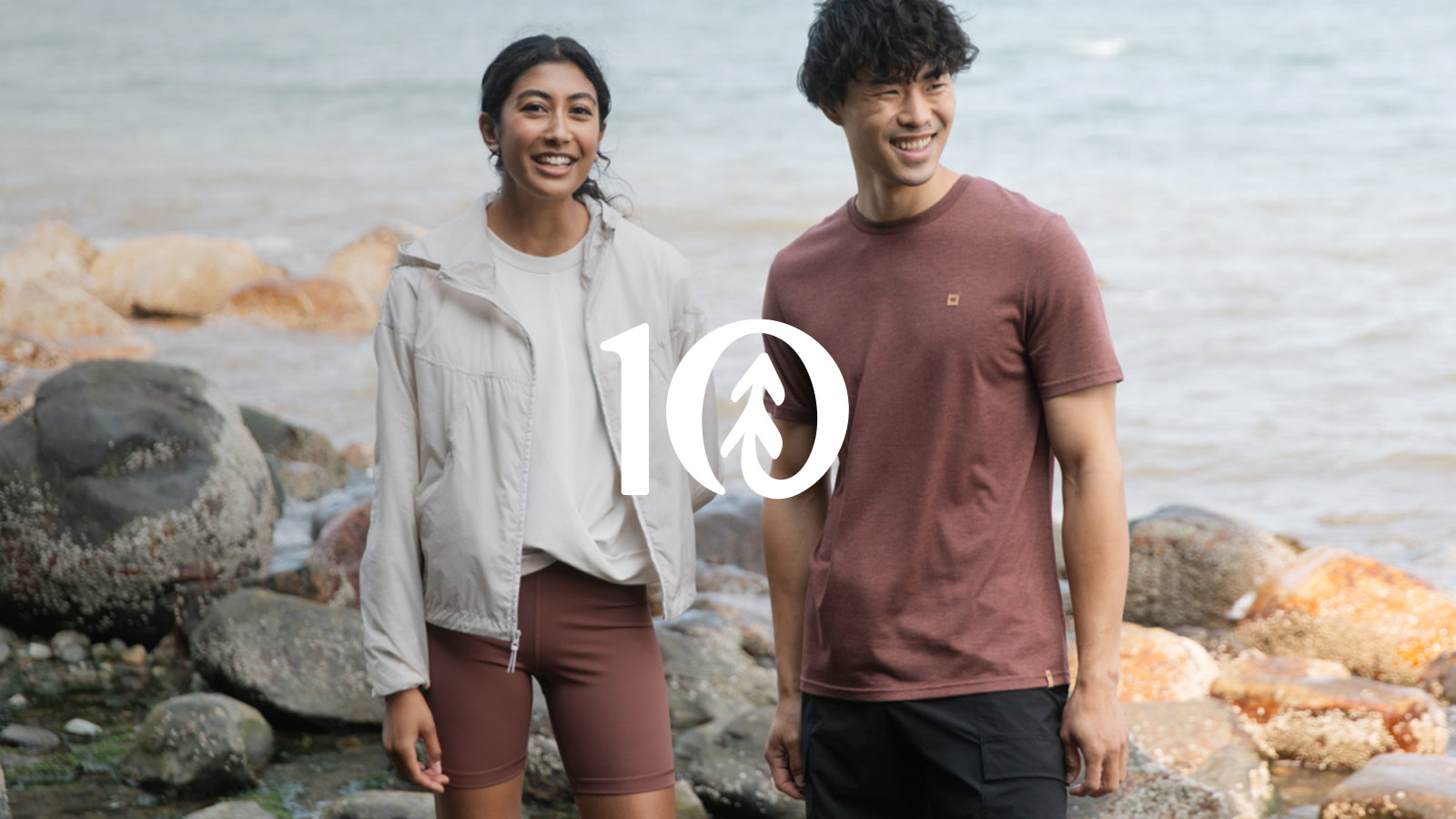
Tentree
For every item purchased Tentree plants trees, in an effort to regenerate ecosystems, capture carbon, and provide planting jobs in communities around the world. All of its products are created with an Earth-First approach, meaning they’re made in fair, safe working conditions, and constructed using only sustainably sourced and recycled materials. By using only organic or recycled materials — like TENCEL™ lyocell, organic cotton, or REPREVE® recycled polyester — Tentree is able to cut back on the wastewater and emissions that are created by typical apparel manufacturing. Even though 98% of all of its products are eco-friendly, the brand is always looking to innovate with new materials and methods.
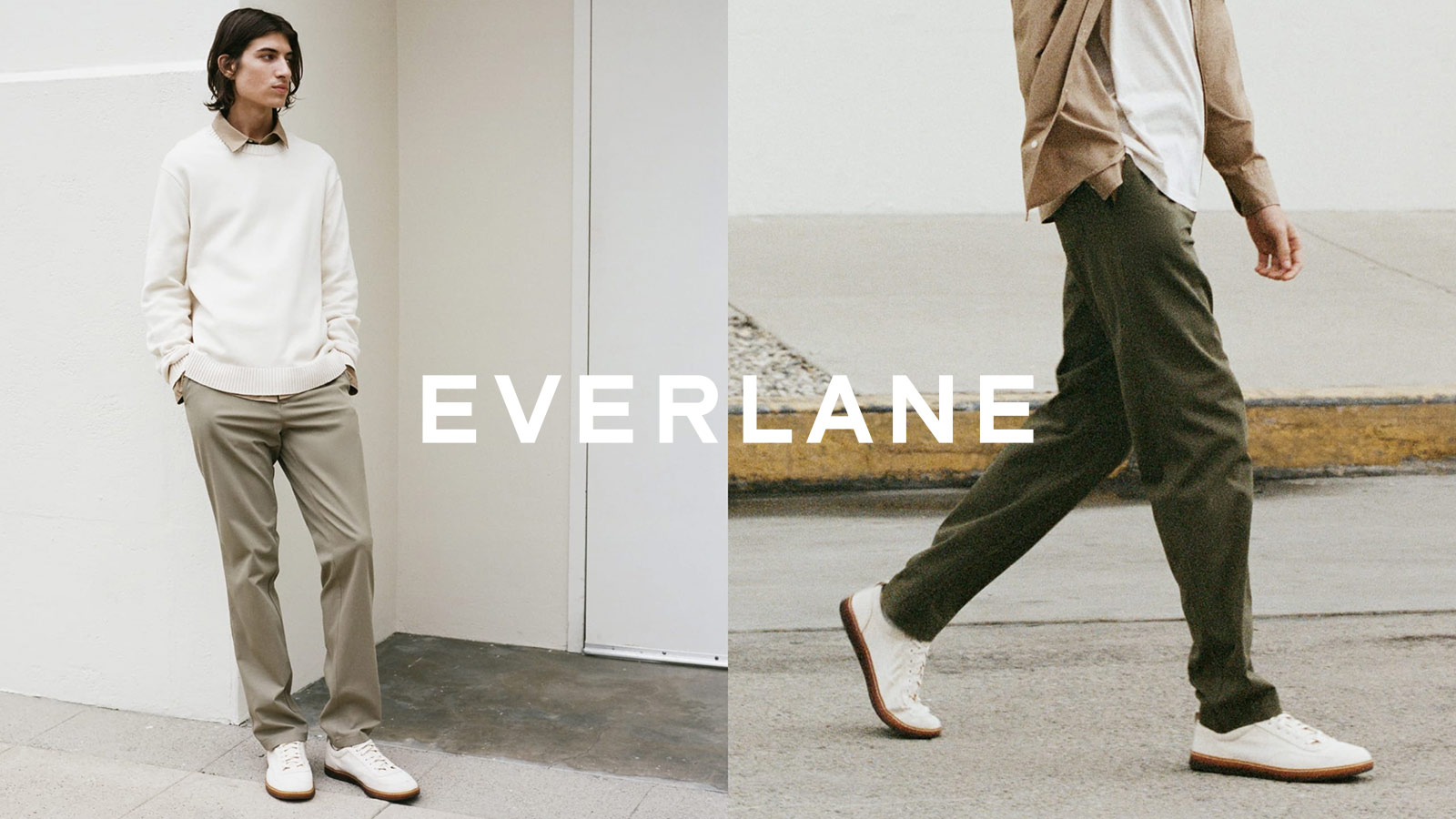
Everlane
San Francisco-based Everlane was founded in 2010 by Michael Preysman. The company promotes “exceptional quality, ethical factories, and radical transparency” across clothing and accessories. Everlane has always focused its ethos on sustainability and ethical fashion. As a company, they have made different environmental pledges that include stopping the use of virgin plastics, garments made from recycled plastic bottles, and creating fabrics and raw materials from entirely recycled components.
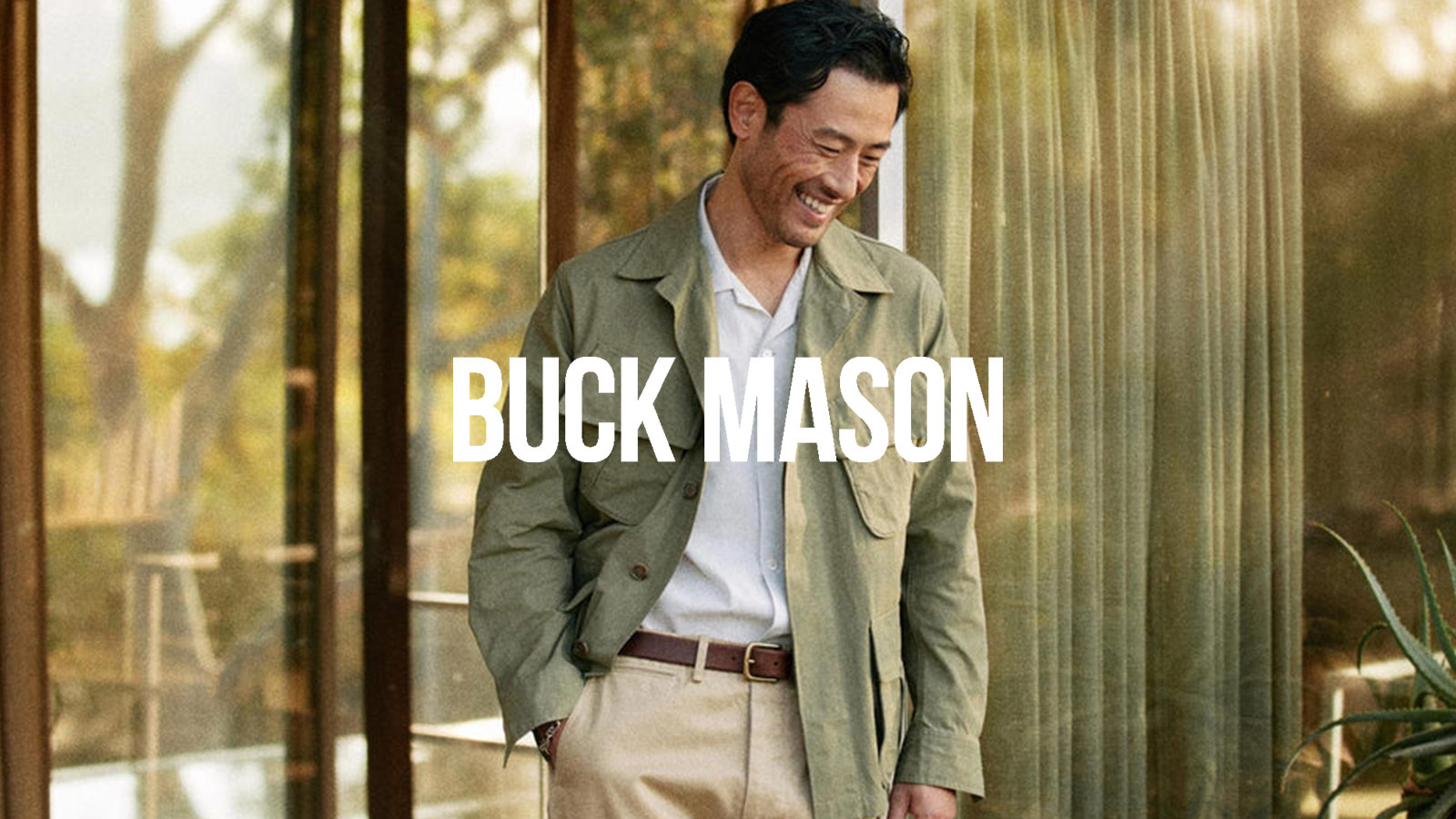
Buck Mason
Buck Mason is a brand known for its timeless and well-constructed clothing. The company has made sustainability a core part of its ethos. It uses cotton grown and spun in the US, delivering it to its own mill in Pennsylvania. However, Buck Mason’s sustainability commitment extends beyond organic cotton. The company focuses on ethical manufacturing practices and reducing water consumption. The various apparel pieces are crafted with care, ensuring they’ll last and be cherished for years to come.

Asket
Asket is a brand that has been pursuing sustainability since its inception in 2015. Founded by classmates Jakob Dworsky and August Bard Bringéus in Stockholm, Asket is committed to creating timeless, high-quality essentials. Its mantra is “In pursuit of less,” emphasizing the value of investing in fewer but better garments. The company prioritizes uncompromised quality, uses exclusively organic and recycled materials, and manufactures in Europe. The brand offers care and repair support and even buys back unwanted Asket items for resale or recycling, extending the life cycle of its products.

Pact
Pact “believes the planet, and the people on it, should always come first in fashion.” It proudly partners with Fair Trade USA, Global Organic Textile Standard, and SimpliZero to ensure its products and processes support both people and the planet. With the help of SimpliZero, Pact can measure the impact of every single Pact product and is committed to offsetting it through reforestation, renewable energy, and community projects that sequester carbon from the atmosphere. The company is committed to organic farming which results in cleaner air, better soil, safer farming, and fewer toxins in its clothing. Plus, it uses 81% less water and 62% less energy to be produced.
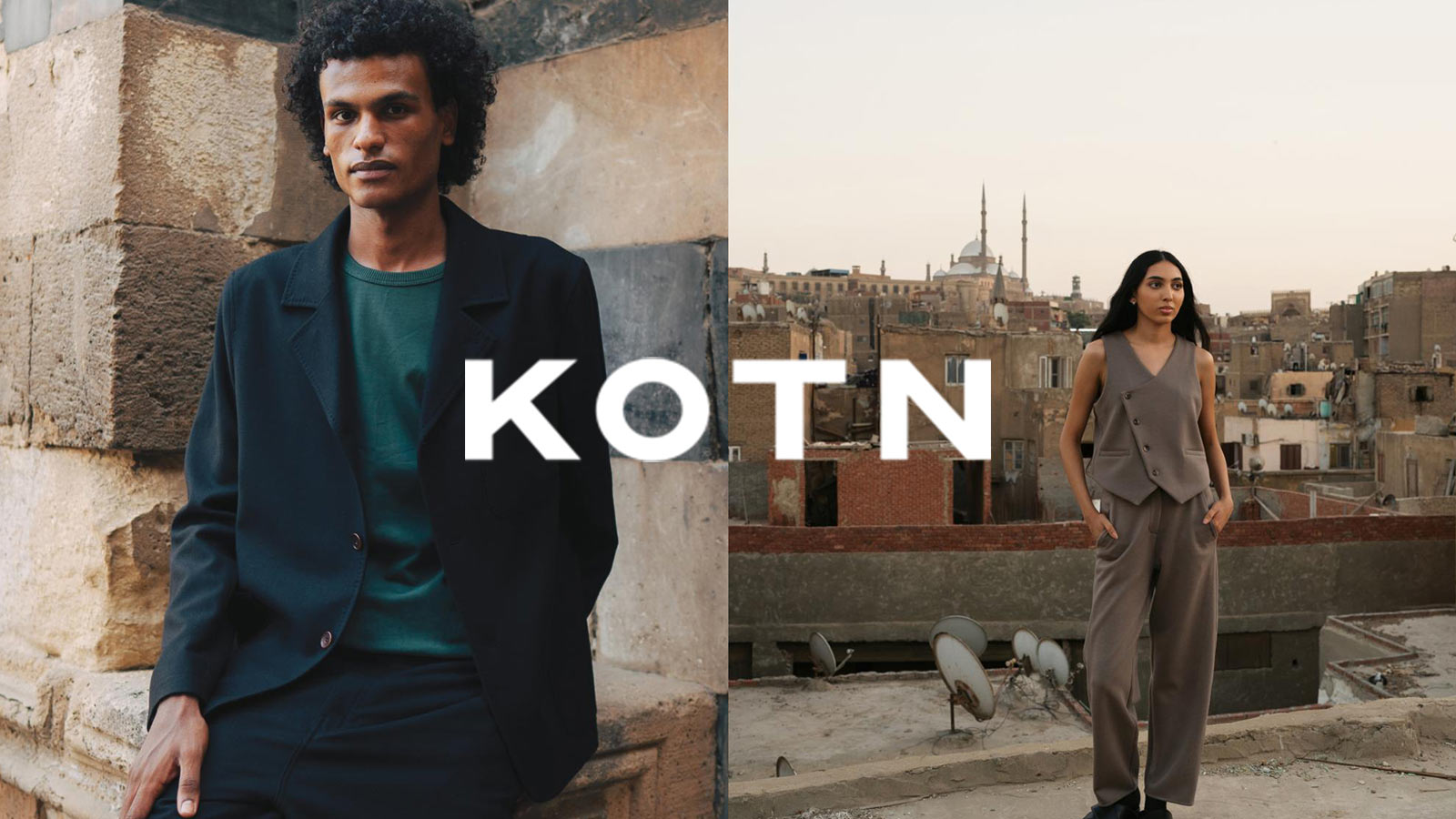
Kotn
Kotn is like “farm to table” but for your clothes. Its product line spans basics, minimalist aesthetics, and athleisure. Everything is responsibly sourced from Egypt, where every purchase helps support the lives of the farmers and their families. Kotn participates in direct trade with cotton suppliers, eliminating the need and cost of a middleman which guarantees fair prices before the work is done. The brand invests back into its communities by working with a local NGO to provide every child in their farming communities with safe, convenient, and quality education. To date, Kotn has funded the building of 21 schools in Egypt.
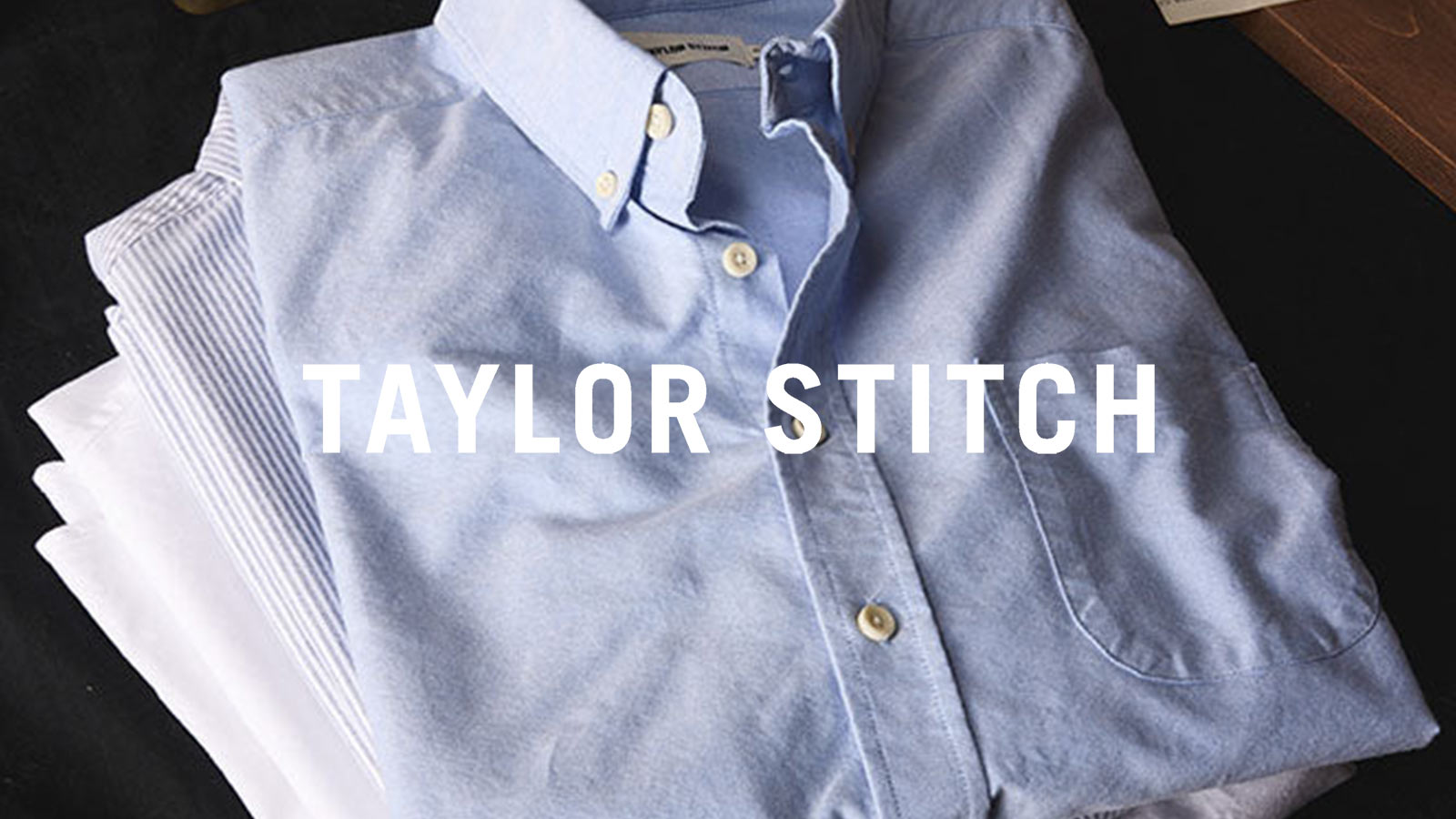
Taylor Stitch
According to Taylor Stitch’s website, it all starts with fibers and fabrics. The brand works hard to source materials that meet its expectations without harming animals or relying on harmful chemicals and cultivation practices. If it can’t find what it’s looking for, Taylor Stitch develops it for themselves. The company is committed to building products that outlast the competition, and that all starts with rugged construction and durable components. Taylor Stitch believes that fabrics shouldn’t be left to rot in a warehouse, so the company works with its factory partners to recover and reuse (or donate) deadstock fabrics.
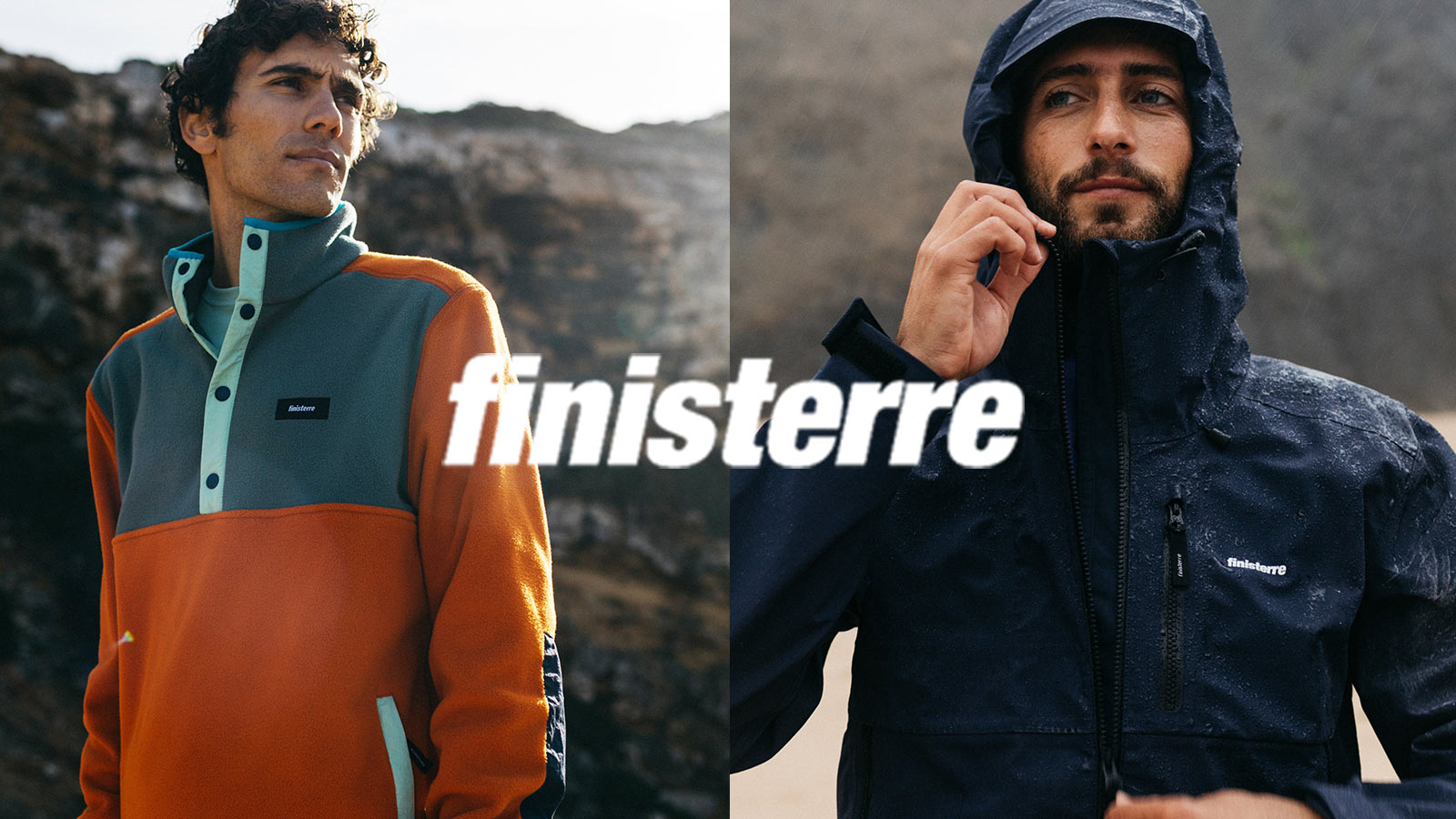
Finisterre
Sustainability is in Finisterre’s DNA. The company carefully chooses the right fabrics to create the best possible products – from farm to factory to Finisterre. An outdoor apparel and surfwear company with a focus on functional and sustainable products, the brand is committed to a better way of manufacturing, both in the fabrics used and the manufacturers chosen to work with, seeking alternatives to what has gone before wherever possible. Demonstrating the company’s transparency, the i-spy initiative is a tool on Finisterre’s website that is a clear and concise source of information showing the traceability of Finisterre’s products. It enables the viewer to get detailed information about exactly what materials are used in each of the products and where they are sourced, where and how the materials are processed, the location of the manufacturing, and how the materials and products are transported between each of these steps.
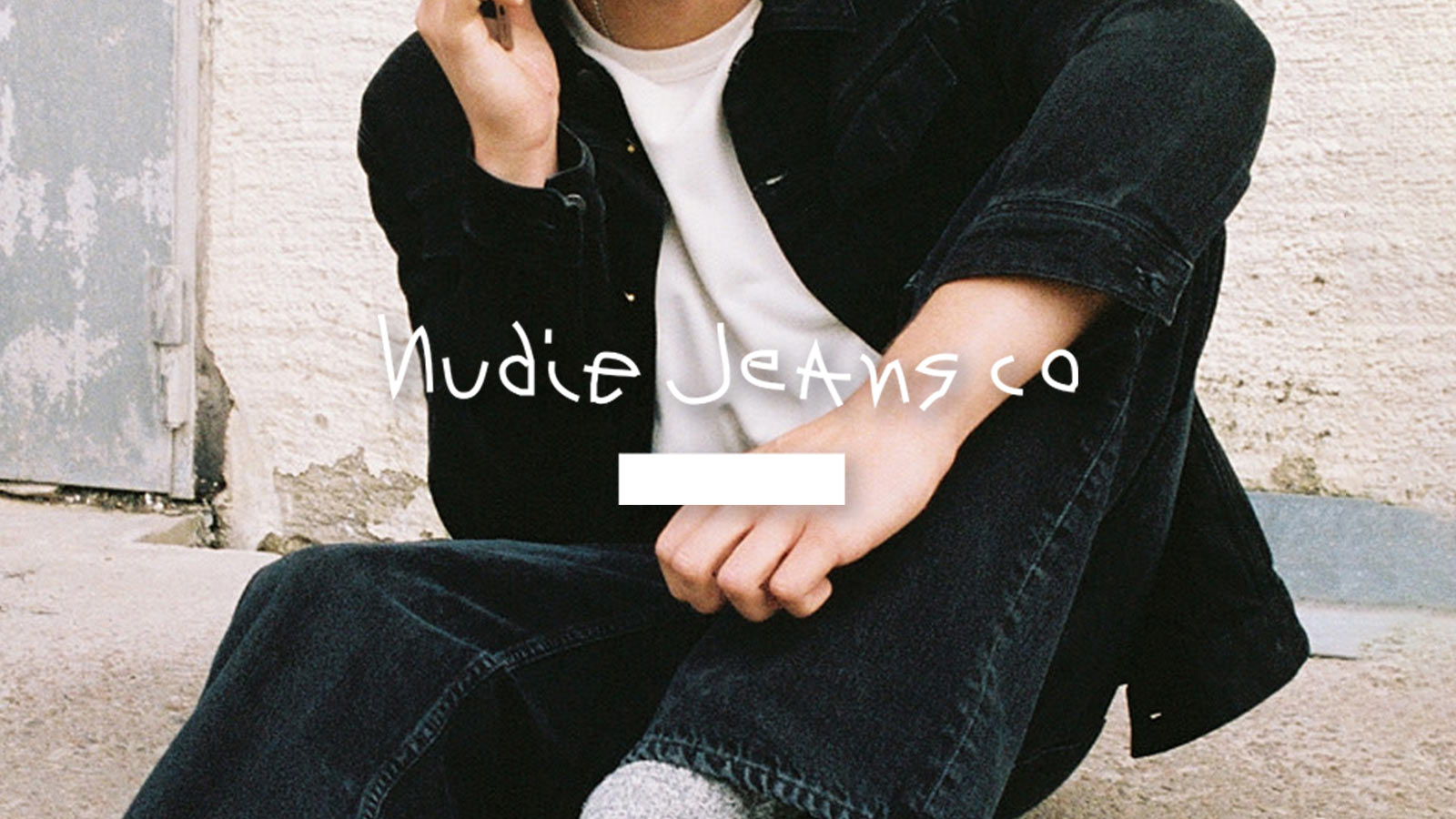
Nudie Jeans Co.
Founded in Gothenburg, Sweden back in 2001, Nudie Jeans has long operated on the philosophy of making jeans that will last for a very long time. No matter when or where you got them, these jeans are meant to be worn a lot. The company uses only high-quality fabrics, and the sewing is top-class. Every pair of Nudie Jeans comes with a promise of free repairs. In 2022, the brand repaired a whopping 65,386 pairs of jeans. To reduce waste, Nudie Jeans offers its customers 20% off the next pair when they hand in an old pair of Nudie jeans. The jeans that we sell again in our Reuse range are washed and then repaired if needed, and ready to become a new customer’s favorite pair. Prolonging the life of the denim by reselling, is also a great way to showcase the real value of the garment. In 2022 the brand sold 3,984 pairs of Reuse jeans.


